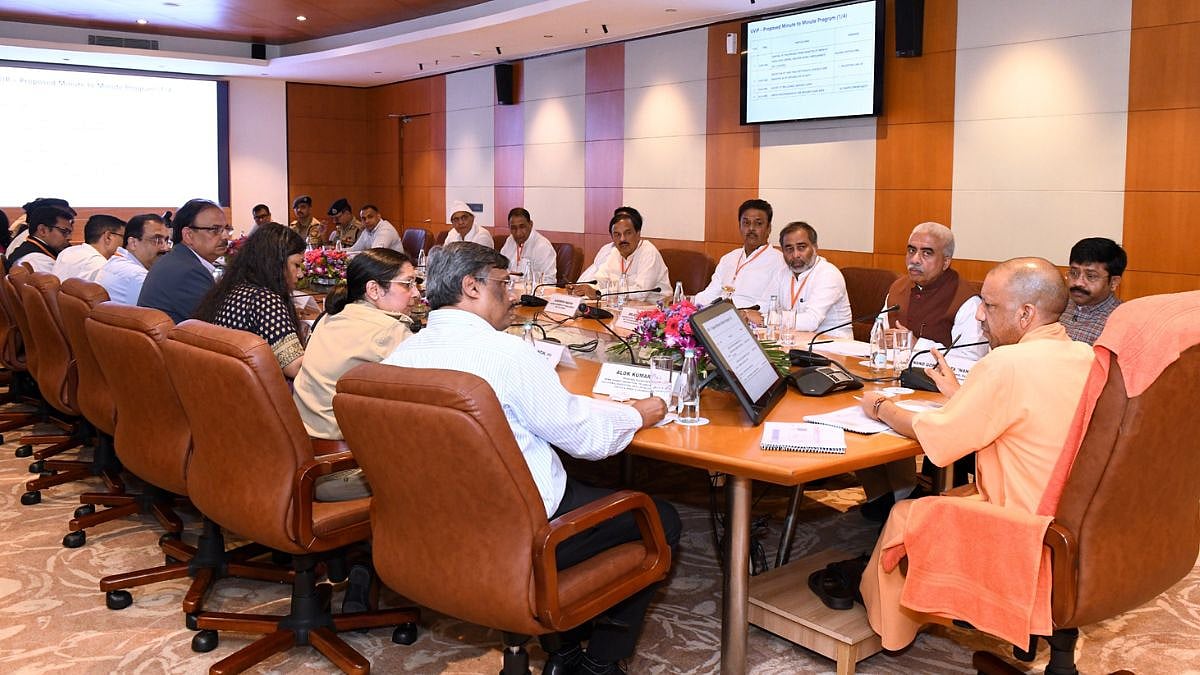New Delhi: In a significant move in the backdrop of the simmering Ladakh face-off, Australia will join India, US and Japan – the full "Quad" squad – in Malabar naval exercises in the Arabian Sea and the Bay of Bengal.
This is the first time that the Quad members will engage at a military level and the development may be a precursor to formation of a regional defence bloc.
The evolving situation in the Indo-Pacific region in the wake of China's increasing assertiveness has become a major talking point and the US favours endowing Quad with a security architecture.
Incidentally, Australia will return to the joint manoeuvres after its participation in 2007 drew much criticism from China, which is extremely paranoid about the Naval drill that started in 1992 as a bilateral exercise between India and the US and went on to include Japan in 2015.

Beijing believes that the annual war game is aimed at undermining its influence in the Indo-Pacific region. Keeping Beijing’s sensibilities in mind, India was not too keen on Australia joining the drill earlier. However, there was a rethink in the defence establishment after the bitter face-off in Galwan.
Whether to include Australia in the annual drill had been discussed in the Quad foreign ministers' meet in Tokyo earlier this month.
US Deputy Secretary of State Stephen Biegun recently said he viewed the grouping of US, India, Japan and Australia as a "NATO-like" bloc to prevent any potential challenge from China. He had cited Australia's possible participation in the Malabar exercise as an example of progress towards a formal defence bloc.
The Quad, formed in 2017 to effectively counter a belligerent China, had met earlier this month and reaffirmed the importance of maintaining a free, open and inclusive Indo-Pacific. In her reaction, Australian Defence Minister Linda Reynolds CSC termed the participation of her country in the exercise a "milestone opportunity" and said it will showcase the "deep trust" between the four major Indo-Pacific democracies and their shared will to work together on common security interests.
In June, India and Australia had elevated their ties to a comprehensive strategic partnership and signed a landmark deal for reciprocal access to military bases for logistics support during an online summit between Prime Minister Narendra Modi and his Australian counterpart Scott Morrison.











